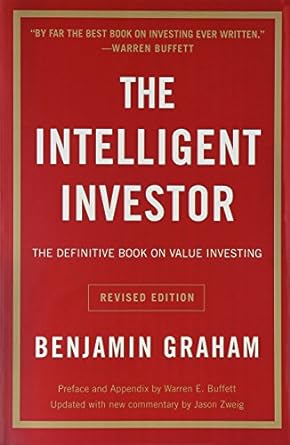Description
Why is common sense so uncommon when it comes to managing people? How is it that so many seemingly intelligent organizations implement harmful management practices and ideas? In his provocative new book, “The Human Equation”, bestselling author Jeffrey Pfeffer examines why much of the current conventional wisdom is wrong and asks us to re-think the way managers link people with organizational performance. Pfeffer masterfully builds a powerful business case for managing people effectively not just because it makes for good corporate policy, but because it results in outstanding performance and profits. Challenging current thinking and practice, Pfeffer: reveals the costs of downsizing and provides alternatives; identifies troubling trends in compensation, and suggests better practices; explains why even the smartest managers sometimes manage people unwisely; demonstrates how market-based forces can fail to create good people management practices, creating a need for positive public policy; and provides practical guidelines for implementing high-performance management practices. Filled with information and ideas, “The Human Equation” provides much-needed guidance for managing people more wisely and more profitably.
Amazon.com Review
The lure of new and profitable markets has lead many companies to formulate strategies to capture these markets. This focus on strategy often leads to downsizing and the shedding of old businesses in favor of a “lean” economic model that stresses outsourcing. The strategy that leads to downsizing has its short-term rewards–a fatter bottom line and happy shareholders.Jeffrey Pfeffer argues that much of this downsizing is nothing more than a throwback to 100-year-old employment practices. Instead of cutting costs as a means to increase profits, companies should focus more on building revenue by relying on solid people-management skills. Through dozens of examples, Pfeffer demonstrates that successful companies worry more about people and the competence in their organizations than they do about having the right strategy. Pfeffer contends that the strategy part is relatively easy–it’s the day-to-day execution that’s hard. Companies that understand the relationship between people and profits are the ones that usually win in the long run.
An academic and a human resources expert, Pfeffer sets out to explore trends in management practices that trouble him, including downsizing and outsourcing strategies, which he sees as futile attempts to generate profits. Part 1, using quantitative evidence and qualitative case studies, explores the relationship between how organizations manage their people and the economic results achieved. Management practices directly flow from the philosophy of executives, and the author shows how long-term success is tied to concern for employees. Part 2 cites examples of how conventional wisdom in management theory is often wrong. Pfeffer believes that it takes courage for corporate leaders to abandon conventional wisdom and design strategies centered on employees, because this often is counter to what others in their industry and businesses in general are doing. Along with the tendency to “follow the crowd,” the author cites other reasons why smart organizations sometimes do dumb things, which include excessive focus on measuring costs and rewarding financial rather than people management, as well as obsession with “mean” or “tough” management image. Mary Whaley






Reviews
There are no reviews yet.